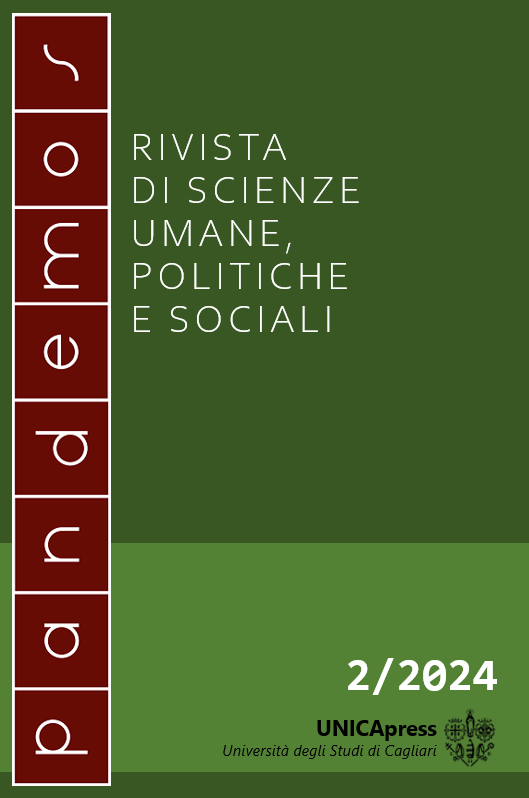Counselling as a Procedural Safeguard for Brain-Machine Interfaces
Abstract
Il rapido sviluppo delle Interfacce mente-macchina (BMI) offre opportunità mai viste di accrescere le nostre capacità sia fisiche sia cognitive. Il loro potenziale trasformativo pone al contempo importanti sfide etiche per quanto attiene all’autonomia, all’identità e all’agentività individuali. In questo articolo sostengo l'adozione di un modello rafforzato di consenso informato, che s’impernierebbe sull’obbligo del counselling per accedere alle BMI. Tale condizione sarebbe da un lato rispettosa delle libertà del singolo, dall’altro lato attenta ai rischi insiti nelle BMI per i valori umani fondamentali. Attingendo dall’approccio libertario di Robert Nozick, evidenzio come il counselling sia compatibile con le basi morali del diritto, garantendo a ciascuno la possibilità di realizzarsi costruttivamente, senza rinunciare ai propri diritti e alla propria autonomia. In sostanza, affermo che l'introduzione del counselling come procedura rafforzata per l’accesso alla tecnologia BMI è preferibile al ricorso a divieti mirati o a misure paternalistiche. Un consenso informato rafforzato consente alle persone di prendere decisioni profondamente consapevoli, preservando al contempo la loro capacità di condurre una vita significativa.
Copyright (c) 2024 Jorge D.M. Mateus

Questo lavoro è fornito con la licenza Creative Commons Attribuzione - Non opere derivate 4.0 Internazionale.
Gli Autori mantengono i diritti sulle rispettive opere, e cedono a Pandemos il diritto di prima pubblicazione.
Gli Autori possono aderire ad altri accordi di licenza non esclusiva per la distribuzione dell’opera pubblicata (ad esempio possono depositarla presso un archivio istituzionale, pubblicarla come capitolo o paragrafo di uno studio monografico, etc.), a patto d’indicare che la prima pubblicazione è avvenuta su Pandemos.
Gli Autori possono diffondere online le rispettive opere anche prima e durante il processo di presentazione e di valutazione (in particolare possono depositarle presso repository istituzionali, o mostrarle in siti web personali), in quanto ciò può avere ricadute positive sulla ricerca nel particolare ambito, e può altresì contribuire ad aumentare il numero delle citazioni dell’opera pubblicata (vedi a riguardo The Effect of Open Access).
Pandemos si riserva il diritto di ripubblicare le opere pubblicate, parzialmente o integralmente, come ristampa o uscita monografica, in versione sia elettronica sia cartacea.







